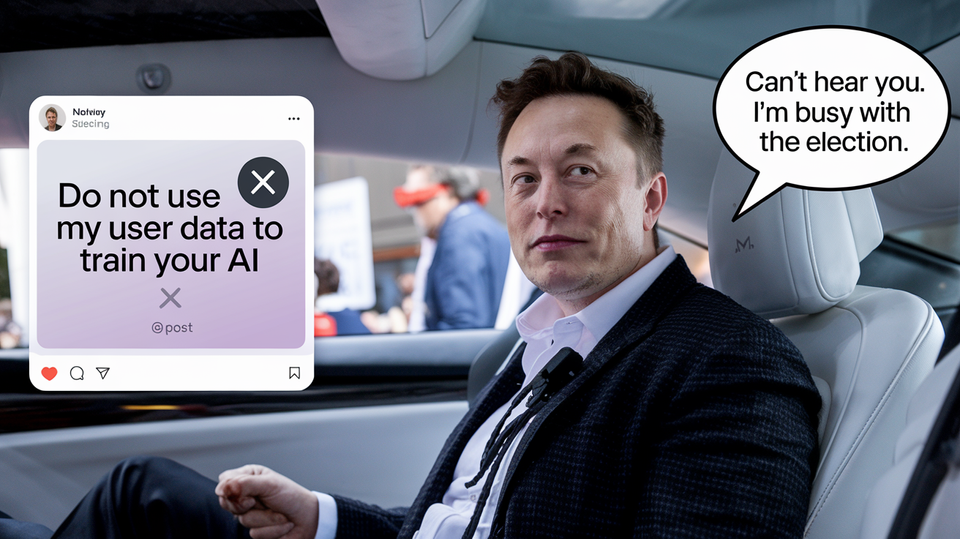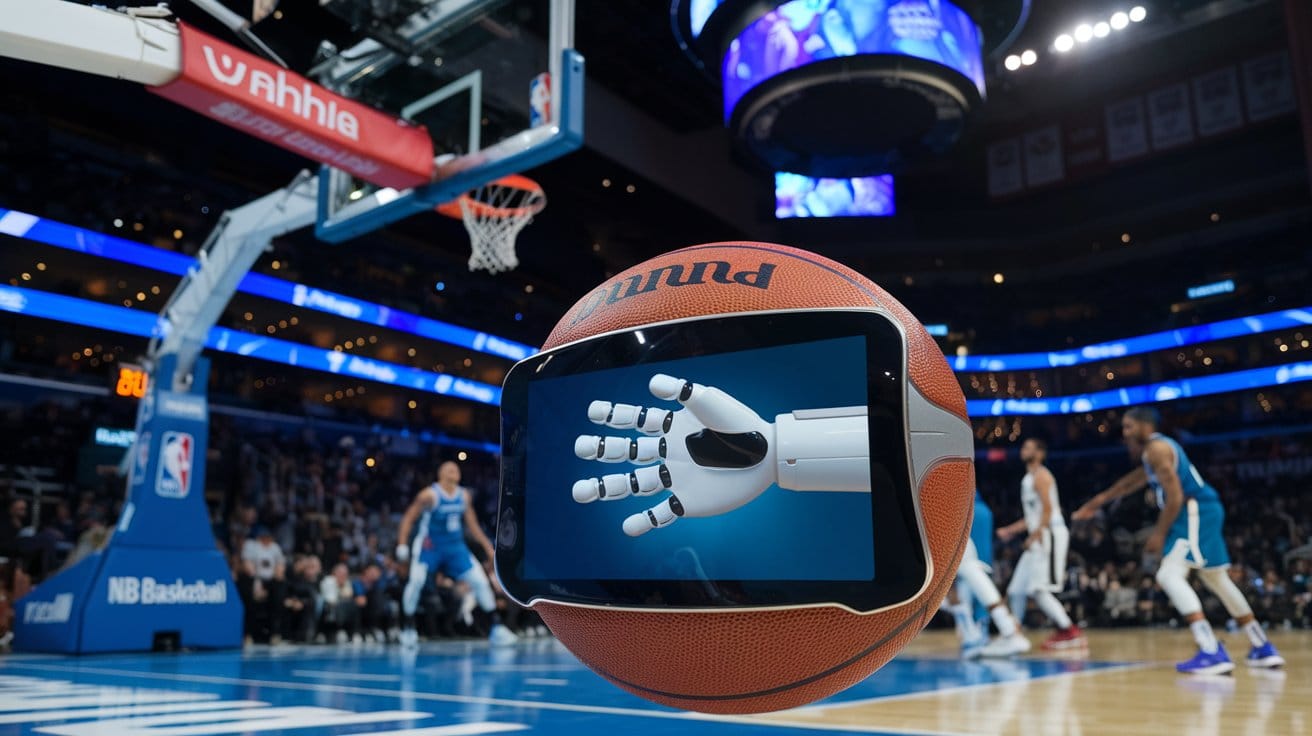X's New Terms: AI Training on User Posts Sparks Controversy

In a significant update to its Terms of Service, X, the platform formerly known as Twitter, has introduced a clause that allows the company to utilize user-generated content for training its artificial intelligence models. This change, effective from November 15, 2024, has ignited widespread concern among users and privacy advocates. The updated terms grant X a "worldwide, non-exclusive, royalty-free license" to use, copy, and distribute user content, which can now be sublicensed to third parties for AI training purposes.
The move has been met with backlash, particularly due to the lack of an opt-out option for users outside the European Union. In the EU, stringent data protection laws have temporarily halted the use of user data for AI training, as confirmed by the Irish Data Protection Commission. However, users in other regions are automatically opted in, raising concerns about privacy and data ownership.
The updated policy also opens the door for third-party collaborators to access user data, potentially creating a new revenue stream for X amidst declining advertising interest. This has drawn parallels to similar strategies employed by other social media giants like Meta and LinkedIn, which have also leveraged user data for AI development.
Despite assurances that users can manage data-sharing settings, the specifics of opting out remain unclear. The lack of transparency and control over personal data usage has fueled user dissatisfaction, prompting many to explore alternative platforms. As the implementation date approaches, the debate over digital privacy and corporate responsibility continues to intensify.
X's Updated Terms of Service Regarding AI Training
X, formerly known as Twitter, has recently updated its Terms of Service to explicitly allow the use of user-generated content for training its AI models. This change, effective from November 15, 2024, has sparked significant debate and concern among users. The updated terms grant X a "worldwide, non-exclusive, royalty-free license" to use, copy, reproduce, and distribute user content for AI training purposes. This includes the right to analyze text and other information provided by users to improve and promote its services, including AI models.





